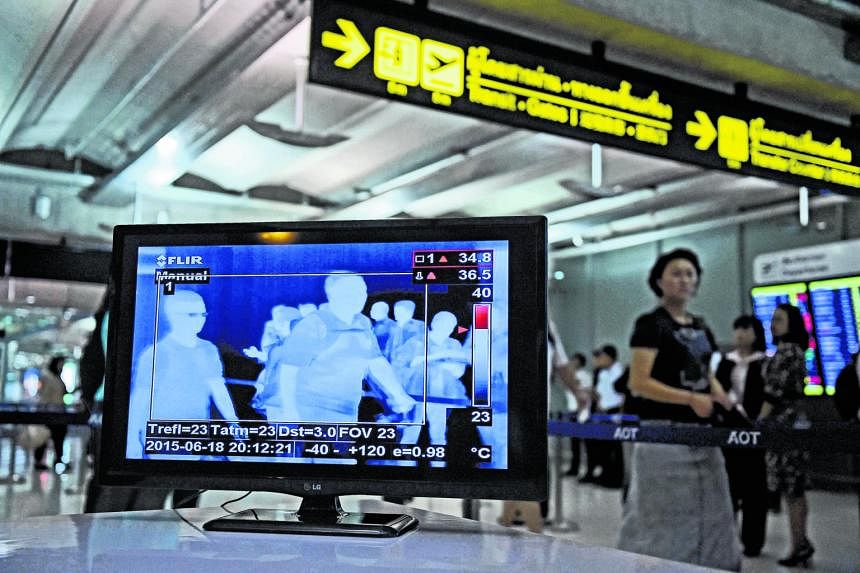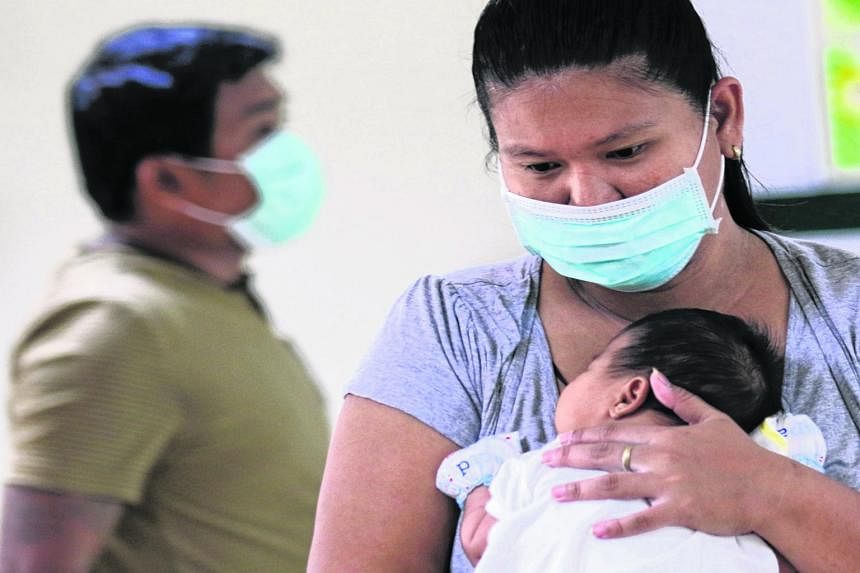THE first person to test positive for the deadly Middle East respiratory syndrome (Mers) in Thailand initially refused to be put in isolation, said the hospital which treated him.
The 75-year-old man from Oman turned up at Bangkok's exclusive Bumrungrad International Hospital on Monday night without a prior appointment, accompanied by two relatives. He was tired and coughing, but not feverish, said the hospital.
Hospital staff ushered him into an isolation room within its emergency ward, said infectious diseases specialist Mondej Sookpranee.
His temperature started rising to about 38 deg C, and a chest X-ray heightened doctors' suspicions that he was suffering from Mers.
"They refused to be in the isolation room, but we insisted," Dr Mondej told The Straits Times. "We knew the effect of letting them go."
At least two separate tests were conducted on the man's phlegm sample at different laboratories before Thai health authorities publicly confirmed the country's first Mers case.
Some 55 hours after the patient and his relatives were first confined in Bumrungrad's isolation quarters, they were moved to the state-run Bamrasnaradura Infectious Diseases Institute in Nonthaburi, a province just outside the capital.
Bumrungrad is one of the most well-known private hospitals in Asean's second-largest economy, both of which draw medical tourists from all over the world.
The hospital serves 1.1 million patients every year, including over 520,000 foreign patients. Some 20 per cent of its patients come from the Middle East.
Last year, the publicly-listed hospital earned the most revenue from patients from Myanmar, the United Arab Emirates and Oman.
Thai health authorities initially refused to name Bumrungrad on Thursday when they announced the nation's first Mers case.
But the word got out anyway, prompting the hospital to hold a press conference yesterday to quash speculation of a cover-up.
As of yesterday, 58 staff from Bumrungrad who had been in contact with the patient were kept in quarantine. They will be there for 14 days.
"We designated an area in the hospital to keep them. We don't let them go home," said Dr Mondej. Some of its staff have been told to wear masks, but not "hospital wide" because the "the contamination has been limited", he said.
Bumrungrad's shares dropped 6.05 per cent in value on the Thai stock exchange yesterday.
Asked if the hospital was wary the Mers case would taint its name, Dr Mondej replied: "The reputation would be tainted only if we ignored the situation... But we did not. We even did more than we should do."
He was referring to the isolation of the patient and his relatives.



